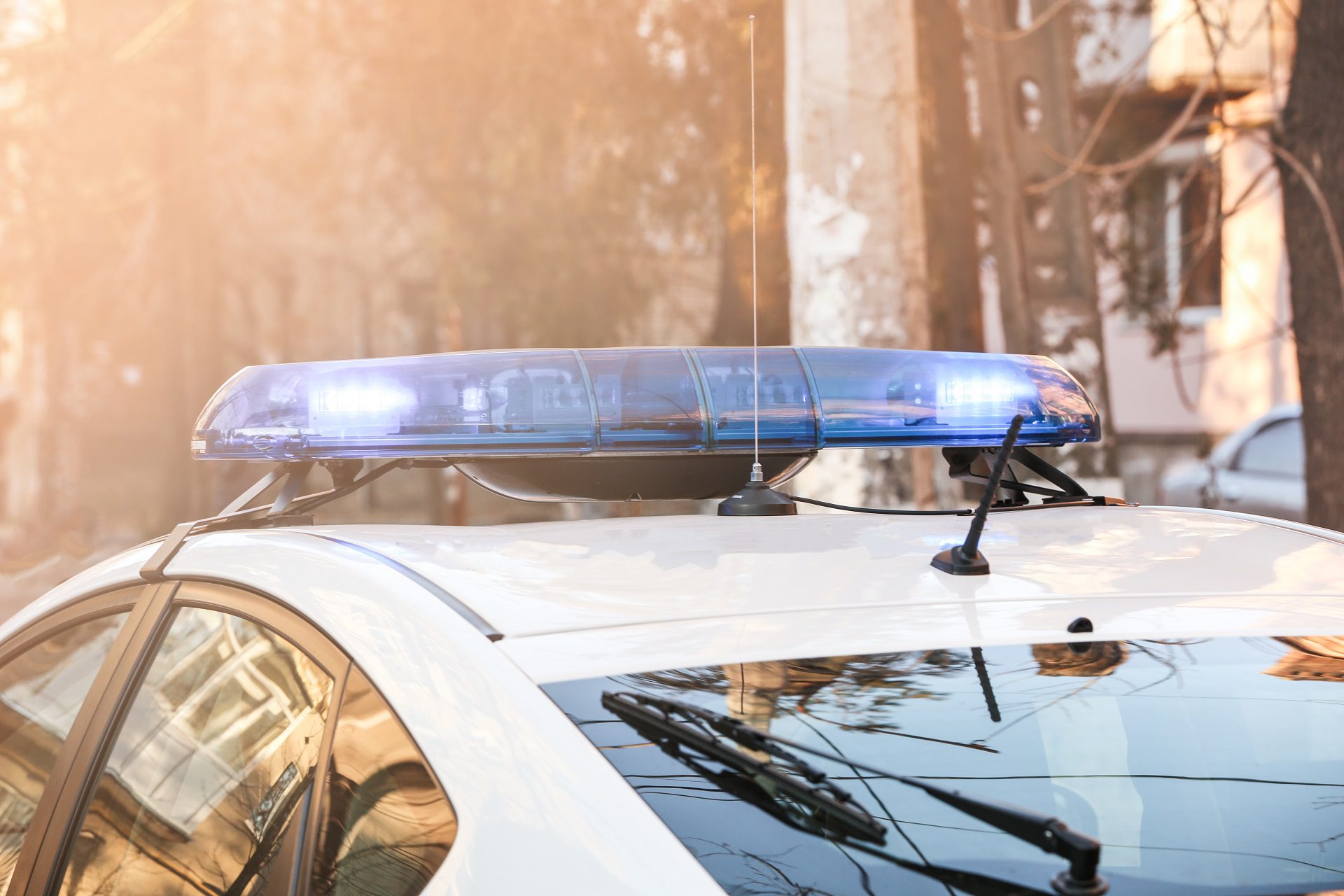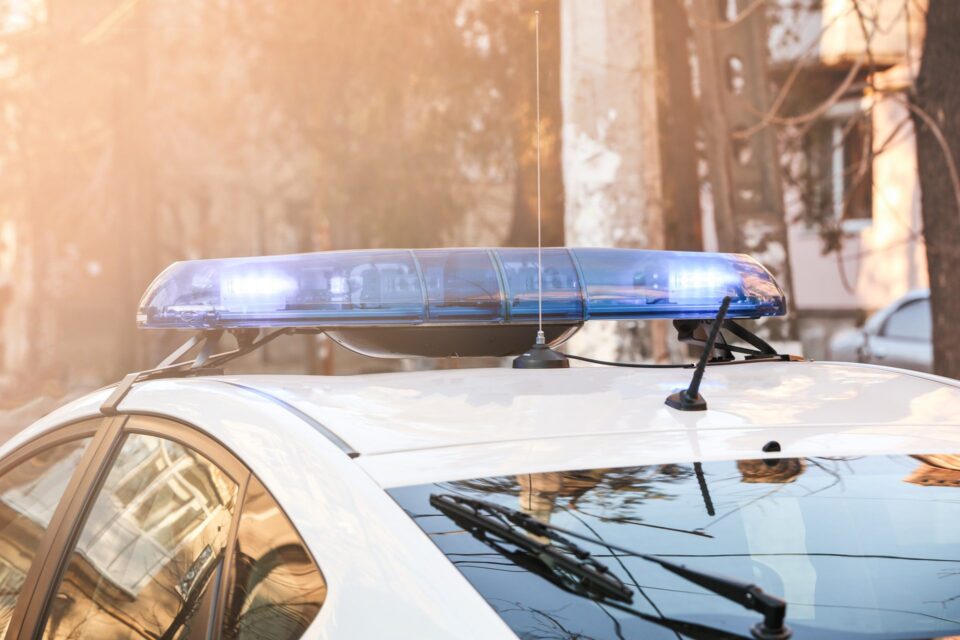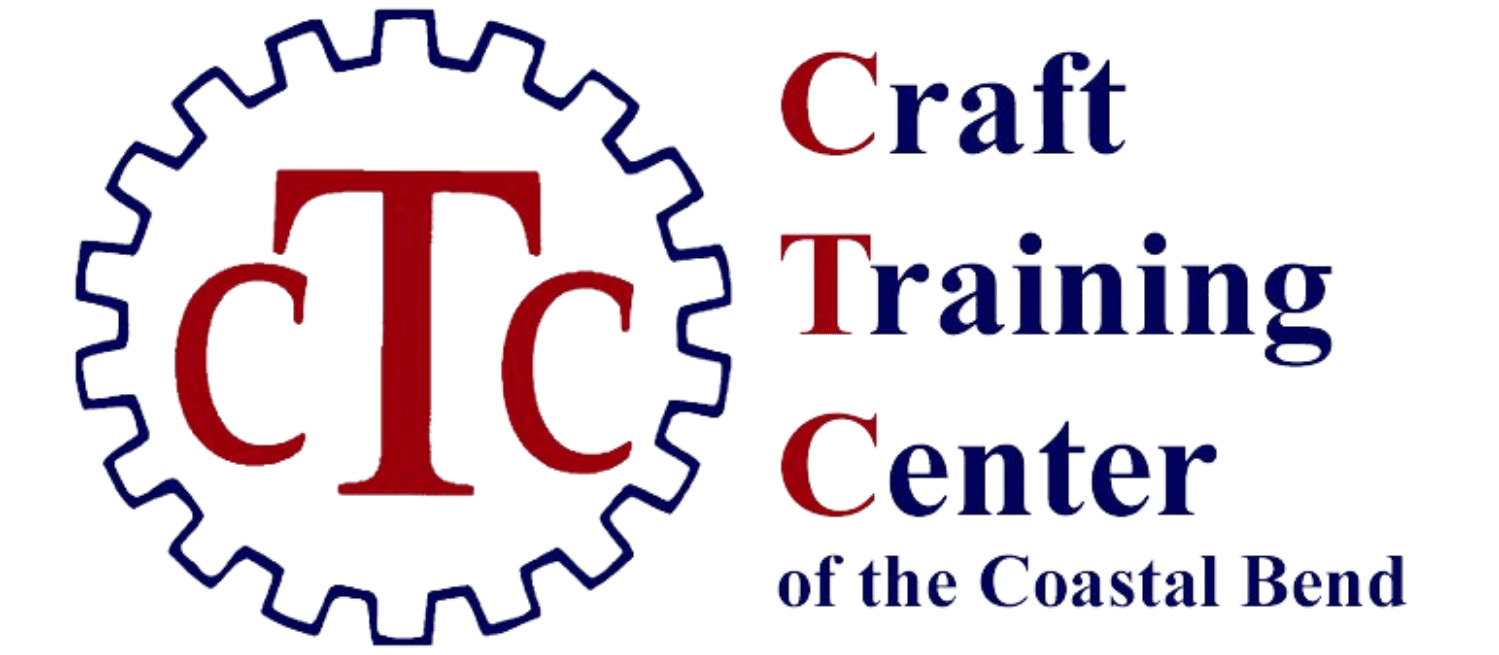Police and Sheriff’s Patrol Officers
At a glance
- Median Salary$59,283
- Local Jobs1,613

Occupation Profile
By the Numbers
Median annual earnings$59,283
Median Annual Earnings are the midpoint earned by 50 percent of workers who are the lowest paid and 50 percent of workers who are the highest paid in a particular occupationLocal Jobs1,613
Median Annual Earnings are the midpoint earned by 50 percent of workers who are the lowest paid and 50 percent of workers who are the highest paid in a particular occupationEntry-level educationHigh School
Median Annual Earnings are the midpoint earned by 50 percent of workers who are the lowest paid and 50 percent of workers who are the highest paid in a particular occupation
Daily Tasks
- Identify, pursue, and arrest suspects and perpetrators of criminal acts.
- Provide for public safety by maintaining order, responding to emergencies, protecting people and property, enforcing motor vehicle and criminal laws, and promoting good community relations.
- Record facts to prepare reports that document incidents and activities.
- Render aid to accident victims and other persons requiring first aid for physical injuries.
- Investigate illegal or suspicious activities.
- Review facts of incidents to determine if criminal act or statute violations were involved.
- Monitor, note, report, and investigate suspicious persons and situations, safety hazards, and unusual or illegal activity in patrol area.
- Testify in court to present evidence or act as witness in traffic and criminal cases.
- Monitor traffic to ensure motorists observe traffic regulations and exhibit safe driving procedures.
- Relay complaint and emergency-request information to appropriate agency dispatchers.
- Drive vehicles or patrol specific areas to detect law violators, issue citations, and make arrests.
- Photograph or draw diagrams of crime or accident scenes and interview principals and eyewitnesses.
- Evaluate complaint and emergency-request information to determine response requirements.
- Execute arrest warrants, locating and taking persons into custody.
- Patrol and guard courthouses, grand jury rooms, or assigned areas to provide security, enforce laws, maintain order, and arrest violators.
- Verify that the proper legal charges have been made against law offenders.
- Patrol specific area on foot, horseback, or motorized conveyance, responding promptly to calls for assistance.
- Investigate traffic accidents and other accidents to determine causes and to determine if a crime has been committed.
- Transport or escort prisoners and defendants en route to courtrooms, prisons or jails, attorneys’ offices, or medical facilities.
- Direct traffic flow and reroute traffic in case of emergencies.
- Question individuals entering secured areas to determine their business, directing and rerouting individuals as necessary.
- Notify patrol units to take violators into custody or to provide needed assistance or medical aid.
- Serve statements of claims, subpoenas, summonses, jury summonses, orders to pay alimony, and other court orders.
- Inform citizens of community services and recommend options to facilitate longer-term problem resolution.
- Place people in protective custody.
- Locate and confiscate real or personal property, as directed by court order.
- Provide road information to assist motorists.
- Conduct community programs for all ages concerning topics such as drugs and violence.
Occupational Skills
Hard Skills
- Access Controls
- Bilingual (Spanish/English)
- Crime Prevention
- Law Enforcement
- Legal Depositions
- Legal Hearings
- Public Relations
- Shotguns
- State Laws
- Traffic Control
Soft Skills
- Communications
- Ethical Standards And Conduct
- Good Driving Record
- Investigation
- Multitasking
- Operations
- Record Keeping
- Report Writing
- Valid Driver's License
- Writing
Hard skills are specific, learnable, measurable, often industry- or occupation-specific abilities related to a position.
Soft skills can be self-taught and usually do not necessitate a certain completed level of education. They are essential in many industries and occupations.
Educational Programs
Police and Sheriff's Patrol Officers
| Type | Credential | Hrs | Online | Financial Aid |
| Credit/CE | AAS, TCOLE Cert. | 60/748 | No | Yes |
Forensic Science AAS
| Type | Credential | Hrs | Online | Financial Aid |
| CTE | AAS | 60 | Some | Yes |
Forensic Science L1
| Type | Credential | Hrs | Online | Financial Aid |
| CTE | L2 | 44 | Some | Yes |
Crime Scene Investigation
| Type | Credential | Hrs | Online | Financial Aid |
| CTE | L2 | 44 | Some | Yes |
Fundamentals of Law Enforcement
| Type | Credential | Hrs | Online | Financial Aid |
| CTE | L1 | 18 | Some | Yes |
Law Enforcement
| Type | Credential | Hrs | Online | Financial Aid |
| AAS Credit | AAS | 60 | Some | Yes |
Correctional Science
| Type | Credential | Hrs | Online | Financial Aid |
| CTE | L1 | 25 | Some | Yes |
Learn more aboutPolice and Sheriff’s Patrol Officers
Visit Career Coach for additional in-depth information and available training programs for this job.













